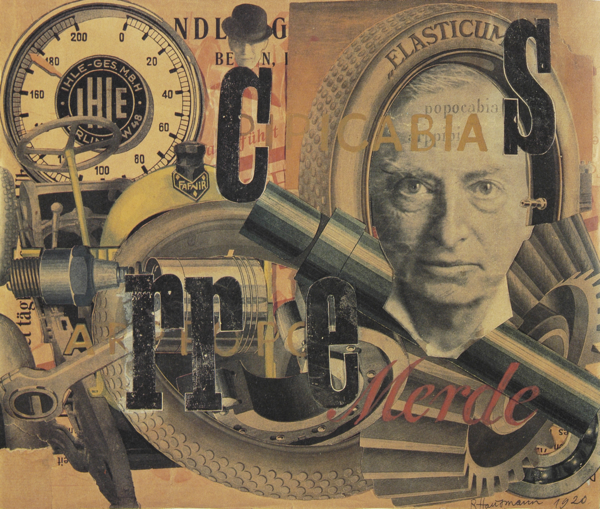Weimar Culture

The Weimar Republic, Germany's first experiment in democracy, lasted between 1918/19 and 1933. It began with the fall of the German monarchy at the end of World War I and ended a little more than fourteen years later when the National Socialist Party assumed power through a mixture of legal and illegal means. Although brief, the Weimar Republic witnessed a rich and diverse array of "high" and "popular" culture; including visual art, performance, sculpture, film, theater, literature, posters, illustrated books and magazines. Empowered by the breakdown of the established order, and with the firm belief that not only society but also the individual had to be remade from the ground up, the creators of Weimar culture engaged all the means at their disposal to visualize a new world and a new consciousness to go with it. This course will examine various competing visions of the new individual and new society as they are presented in Weimar Culture, and how fascist, socialist and democratic forces battled to define the modern individual and society.
Textbooks/Other Materials: almost all readings will be available in the electronic course pack; two paperback books will be required.
Course Requirements: Students are required to (1) read carefully for class, (2) participate fully in class-room discussions, and (3) complete three take-home examinations according to the schedule listed on the calendar below. Each exam will be a 6-8 page typewritten paper (approximately 2100-2600 words) in response to one or two questions posed by the instructor. Students will be given a choice of questions to answer.
Intended Audience: anyone welcome
Class Format: two 80-minute seminars per week
Estimated Cost of Materials: $0-50
HISTART Distribution Requirements: Europe and the US, Modern and Contemporary